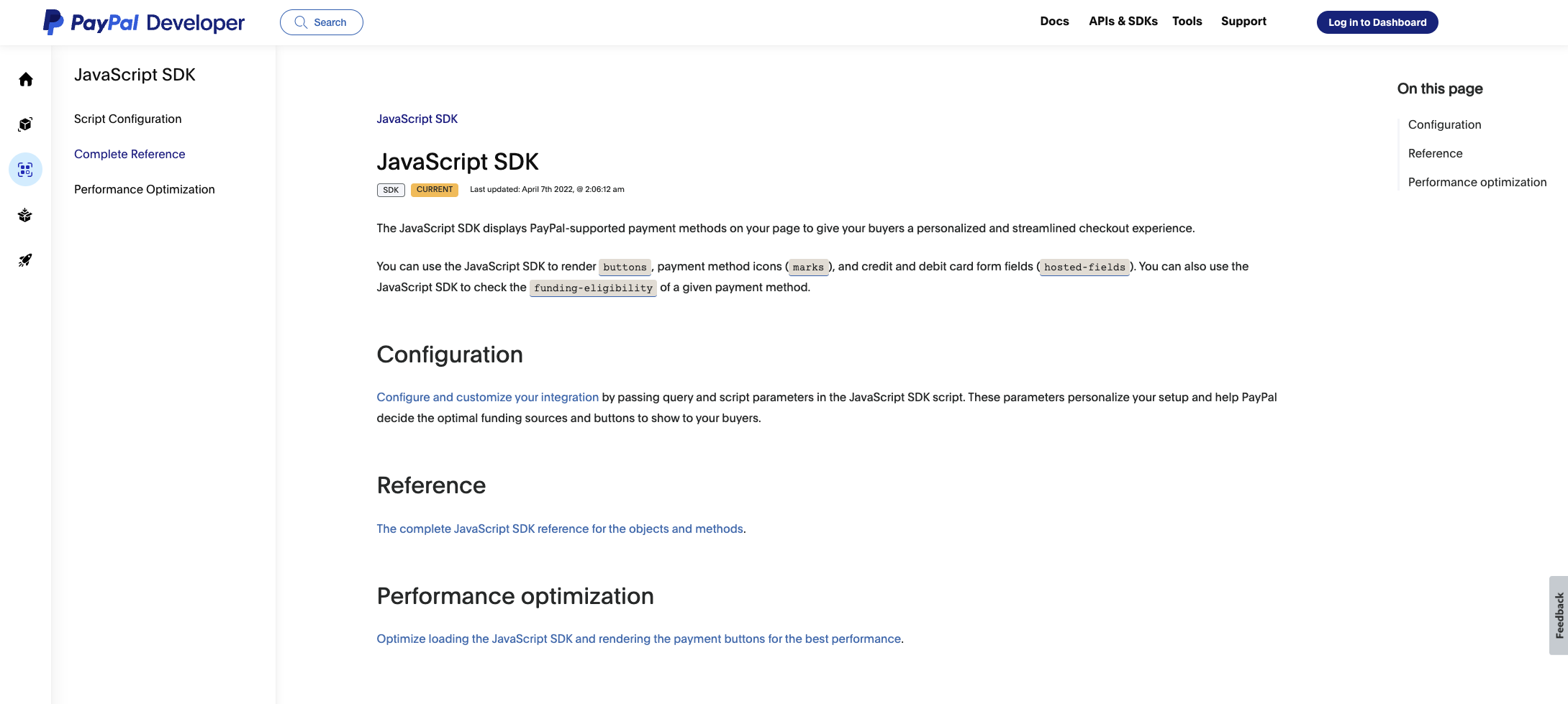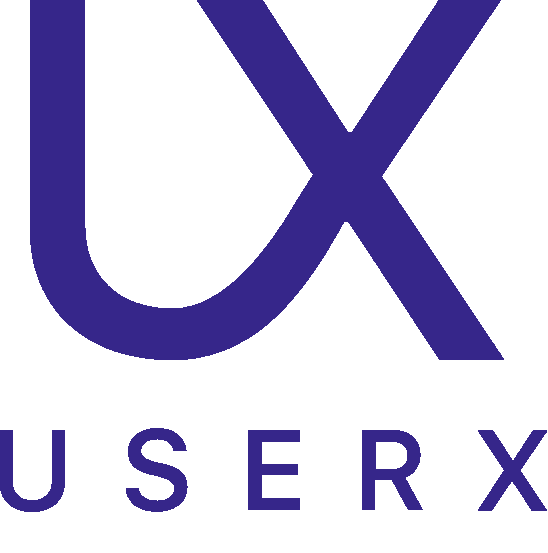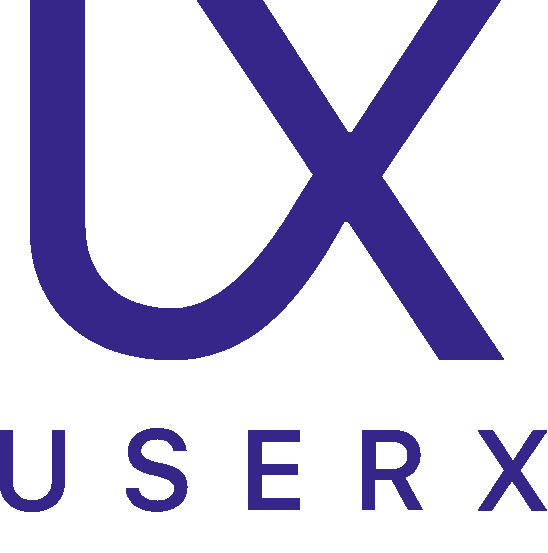Table of Contents
Discovering SDK: Your Toolbox for Efficient app Development
Unveiling SDK, an acronym for Software Development Kit, unveils a comprehensive toolkit encompassing libraries, documentation, and code examples that developers leverage for creating, testing, and debugging apps on specific platforms or systems..
Think of an SDK as a craftsman's toolbox or a chef's array of culinary gadgets. Just as a builder employs various tools to complete projects, or a chef utilizes diverse utensils to create culinary masterpieces, developers harness distinct tools encapsulated in an SDK for crafting innovative software and apps.
SDK consolidates these crucial tools into a singular package, paving the way for efficient software development catered to distinct platforms or operating systems like Android or iOS. It houses specialized programs for code authoring and verification, along with libraries of pre-fabricated solutions, resembling ready-to-use components or building blocks for your projects. Moreover, it provides a wealth of instructions and examples to ensure a smooth, user-friendly experience.
Тotably, SDKs often boast emulators, allowing developers to gauge how their nascent app will perform across various devices, sans the need to have them physically available. This feature is akin to a chef having the capability to virtually taste-test a dish prior to its actual preparation, ensuring the end result is nothing short of perfection.
The encompassing utility of SDK morphs it into an invaluable and user-friendly 'toolbox,' significantly easing the journey of developers in the realm of new software and app development. This amalgamation of tools not only simplifies the process but also accelerates the path towards turning visionary ideas into tangible, functional apps.

Let's reveal the contents of this set in more detail
- Development Instruments:
- Compilers and Interpreters: Эranslating developer-written source code to machine code executable by computers.
- Debuggers: Aiding developers in locating and rectifying code errors.
- Profilers: Performance analysis tools identifying code segments slowing down software execution or consuming excessive resources.
- Libraries and Frameworks:
- SDKs are a treasure trove of libraries and frameworks, simplifying the development journey by offering ready-to-use solutions for routine tasks like rendering graphics, establishing network connections, or handling databases.
- Documentation and Code Examples:
- Well-documented SDKs act as a guiding light, providing developers with comprehensive instructions and practical examples on harnessing the power of the included tools and libraries to their full potential.
- Emulators and Simulators:
- Delve into the simulation domain where some SDKs boast emulators or simulators, providing a sandbox for developers to test applications in near-real scenarios without the necessity of physical access to the target platform.
- API (App Programming Interfaces):
- APIs, the linchpin of SDKs, provide a structured set of rules and specifications, fostering seamless interactions between programs or with a specific platform/system, enabling a harmonious software ecosystem.
- Developer Support Resources:
- S SDKs extend beyond just tools by encompassing support forums, developer communities, and other enriching resources, assisting developers in navigating through the SDK landscape.
The multifaceted nature of SDKs is epitomized by their diverse objectives; for instance, the Android SDK is fine-tuned for mobile app development on the Android platform, while the Windows SDK is tailored for app development within the Windows OS ecosystem.
Unveiling Core Considerations: Navigating Your SDK Selection for App Development
Embarking on the right SDK (Software Development Kit) choice for your project is a pivotal stride with the potential to impact your development journey, as well as the quality and functionality of the resultant product. Here’s a refined criterion to guide your SDK selection for your app:
- Platform Compatibility:
- Ensure that the SDK resonates well with the intended platform for your app development and launch, be it iOS, Android, Windows, or others
- Functionality:
- Conduct a meticulous assessment of the features and capabilities the SDK unfolds. Check if they dovetail with your project’s requisites, including access to specific hardware or system resources, network connection support, multimedia handling, among others.
- Documentation and Community Support:
- The presence of robust documentation and an effervescent community backing can significantly embellish your SDK experience. A rich repository of documentation, code examples, and a lively developer community can be a colossal advantage.
- Licensing and Cost:
- Delve into the licensing agreements and cost paradigms of the SDK. While some SDKs are complimentary, others require a financial commitment. Grasping licensing restrictions is indispensable to forestall legal entanglements in the future.
- Updates and Support:
- Veer towards SDKs that are buoyed by regular updates and solid support structures to sidestep compatibility snags and to gain access to new features as well as bug remedies.
- Performance and Size:
- Evaluate the imprint of the SDK on your app’s performance metrics and memory footprint. This scrutiny is particularly cardinal for mobile apps where resource constraints are pronounced.
- Reviews and Reputation:
- Traverse through reviews from other developers and delve into the SDK’s industry standing to gauge its quality calibre and to unearth potential glitches.
- Ease of Use:
- Assess the user-friendliness quotient of the SDK. An intuitive, easy-to-navigate SDK can significantly economize time and effort throughout the development odyssey.
- Testing and Debugging Tools:
- The incorporation of adept testing and debugging tools within the SDK can substantially streamline your app’s quality assurance trajectory.
By appraising these factors in a holistic manner, you are well on your way to making an informed SDK selection that aligns seamlessly with your project exigencies, thereby ensuring a streamlined development process.
Top SDK Categories in 2023: Catalysts for Contemporary App Development
Delve into the diverse ecosystem of SDKs, each tailored for distinct purposes, thus arming developers with a plethora of functionalities. Here’s a snapshot of the prevailing SDK types:
- Analytics & Tracking SDKs:Harvest insightful data on app performance, trace install sources, and scrutinize user behaviors with powerhouse SDKs such as Google Analytics, UserX, Flurry, Appsflyer, Amplitude, Adjust and Mixpanel
- Testing SDKs: Accelerate bug identification, feedback aggregation, A/B testing, and real-time user behavior analysis using adept SDKs like Sauce Lab, User Testing, and Optimizely.
- User Interaction SDKs:ЭCultivate enriched in-app communication, automated messaging, and bespoke user engagement utilizing SDKs.
- Monetization SDKs:Unlock revenue streams for your apps through ad banner integrations, setting a monetization trajectory that aligns with your app’s user experience.
- Social Media SDKs: Seamlessly meld social functionalities into your app's milieu using the Facebook SDK, fostering a social interactive layer that resonates with the users.
- Cloud Platform SDKs: Harness the boundless capabilities of cloud resources and services for unblemished app development, hosting, and scaling with formidable SDKs like AWS SDK.
- Maps & Geolocation SDKs:Immerse in the realm of maps and geolocation data integration in apps leveraging the Google Maps SDK, enriching user experience with spatial awareness.
- Payment System SDKs: Smoothly assimilate payment solutions, ensuring a seamless transactional experience with Stripe SDK or PayPal SDK, thus fostering a trustworthy payment environment.
- Multimedia SDKs::ЭEngage in multimedia explorations working with audio, video, and images in apps. For instance, integrate compelling streaming services using the Spotify SDK.
Each SDK category, teeming with unique features, is poised to cater to nuanced project or app requisites, guiding developers on a streamlined development odyssey, and ultimately enriching the app market with enhanced functionality and user experiences.
Conclusion
The Software Development Kit (SDK) stands as a cardinal companion for developers intent on sculpting efficient and captivating applications. Choosing the right SDK can significantly smoothen the path toward software creation, in-depth analysis, and enhanced user engagement. The choice of SDK profoundly impacts the ease of development, as well as the capacities for testing, debugging, and ultimately, the quality of the finished product. As the tech arena continually births new and updated SDKs, each brings forth a realm of possibilities and ease in task execution for developers. Staying well-informed about the prevailing SDKs, their capabilities, and unique features is instrumental in making a well-grounded choice of tools. Herein unveils a pivotal task for developers - keeping pace with technological advancements and judiciously selecting tools that serve as conduits in transmuting their innovative ideas into reality.
FAQ
What is an SDK?
The term SDK, shorthand for Software Development Kit, encapsulates a curated suite of tools designed to simplify the software development process for specified platforms or devices. It's a cornerstone asset that empowers developers to craft, refine, and optimize applications, ensuring they resonate with the intended user interface and operating ecosystem.
How to choose the right SDK for your app?
Navigating the path to the right SDK requires a blend of project introspection and external research. Begin by delineating your project goals and functional requisites. Delve into the SDK's support framework and documentation, ensuring they offer a robust foundation for your developmental journey. Additionally, explore the developer community encircling the SDK, as an active, collaborative community can significantly enhance your development experience and provide invaluable insights.
What are popular types of SDKs?
There are SDKs tailored for analytics, monetization, social integration, and cloud interaction, among others, each serving unique developmental needs.



